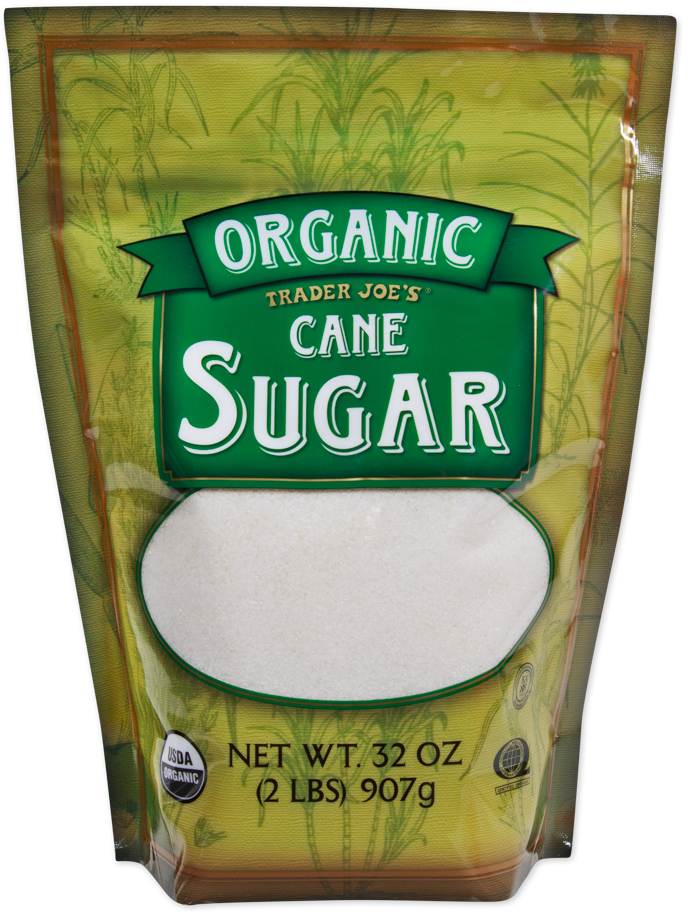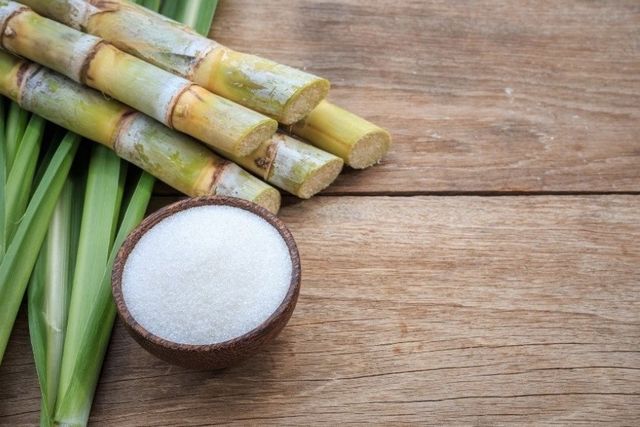The Scientific Research Behind Cane Sugar Processing: Just How Sweet Taste is Improved
The Scientific Research Behind Cane Sugar Processing: Just How Sweet Taste is Improved
Blog Article
A Thorough Overview of the Wellness and Economic Implications of Cane Sugar Handling on Regional Areas
Walking stick sugar handling plays a critical function in forming the economic landscape of neighborhood areas, offering employment chances and boosting supplementary sectors. The wellness ramifications linked with high sugar intake can not be forgotten, as they add to increasing rates of excessive weight and diabetes.
Economic Benefits of Walking Cane Sugar Processing
Walking stick sugar processing uses significant economic benefits that prolong beyond the immediate farming industry. The cultivation and processing of sugarcane produce countless task chances, from farming to production and circulation. This employment generation not just supports local economic situations yet also cultivates community advancement by offering steady revenue resources for family members.
Additionally, the sugar industry stimulates supplementary organizations, consisting of transport, equipment supply, and packaging solutions (Cane Sugar Processing). As these markets expand, they add to a more durable economic framework, improving total neighborhood strength. The export possibility of refined cane sugar better amplifies financial advantages, positioning regions as competitive players in global markets
Investment in modern handling centers can lead to raised efficiency and efficiency, therefore decreasing waste and enhancing source usage. This change not just benefits the regional economy however likewise supports sustainability efforts by decreasing environmental influences.
Moreover, the revenue created from walking stick sugar processing can be reinvested in regional facilities, education and learning, and health care, advertising alternative neighborhood growth. In general, the financial benefits of cane sugar processing are multifaceted, offering a structure for enduring success in agricultural areas.
Wellness Threats Connected With Sugar Usage
Excessive sugar intake positions significant health risks that necessitate major attention. High consumption of included sugars, specifically from refined drinks and foods, has actually been linked to many health difficulties.
Moreover, high sugar consumption is connected with cardio condition. Elevated blood sugar levels can bring about insulin resistance, a precursor to different heart-related concerns. In addition, sugar can have destructive impacts on oral health, resulting in cavities and periodontal condition, as microorganisms in the mouth thrive on sugar, generating acids that deteriorate tooth enamel.
Furthermore, emerging research study recommends a potential link between high sugar usage and mental health and wellness problems, such as clinical depression and stress and anxiety. As communities grapple with these wellness risks, it becomes vital to advertise awareness and motivate much healthier dietary options. Addressing sugar usage is essential not only for individual wellness but additionally for the total wellness of local areas, highlighting the demand for thorough public wellness methods.
Environmental Influences of Sugar Production
Frequently overlooked in discussions about sugar's ramifications is the significant ecological effect of sugar manufacturing. The farming of sugarcane typically necessitates substantial land usage, leading to deforestation, loss of biodiversity, and disturbance of regional environments. The conversion of woodlands and wetlands right into sugar haciendas can lead to habitat devastation, threatening numerous types and altering ecological balance.
Additionally, sugar manufacturing is resource-intensive, consuming considerable amounts of water for irrigation. This can bring about depletion of neighborhood water resources, negatively impacting both agricultural practices and neighborhood access to clean water. Furthermore, making use of chemical fertilizers and pesticides in sugarcane farming can add to dirt deterioration and water contamination, as drainage from these chemicals goes into nearby rivers and lakes, impacting water life and human health and wellness.
The environmental footprint prolongs to the handling phase, where power usage and waste generation further exacerbate eco-friendly worries. Air pollution from shedding sugarcane fields, along with greenhouse gas emissions, add to climate modification. As such, the ecological effects of sugar production warrant serious consideration, advising stakeholders to embrace even more sustainable methods to mitigate these adverse results on regional communities and neighborhoods.
Task Creation and Community Growth
The environmental difficulties positioned by sugar production are often counteracted by its potential for economic benefits, particularly in job development and neighborhood growth. The walking cane sugar industry works as a significant resource of work in lots of rural areas, giving work across numerous ability degrees, from farming labor to processing and circulation functions. This employment not just sustains specific households yet additionally adds to the general financial vitality of neighborhood areas.
Moreover, the establishment of sugar processing facilities promotes ancillary businesses, such as transportation services, equipment supply, and upkeep suppliers. As these services grow, they create additional tasks and bolster neighborhood economic climates. The profits generated from the sugar industry also brings about enhanced tax obligation earnings, which can be reinvested right into area solutions such as infrastructure, health care, and education development.
In addition, the sugar industry often participates in area advancement initiatives, such as sustaining regional schools and health programs, thereby enhancing the lifestyle for citizens. By promoting strong community ties and advertising economic growth, the walking stick sugar handling market plays an important role in uplifting regional populaces, making it a necessary element of sustainable development methods in sugar-producing areas.
Balancing Wellness and Economic Growth
In browsing the intricacies of walking stick sugar handling, an essential difficulty depends on balancing wellness considerations with financial growth. The sugar market considerably adds to regional economies by producing jobs, boosting associated fields, and raising tax obligation earnings. Nevertheless, the wellness effects linked with too much sugar usage can lead to chronic illness such as obesity, diabetic issues, and cardiovascular issues, which can worry public health additional hints systems and lessen labor force efficiency.

Additionally, governing structures can play an essential role in leading sector practices in the direction of more health-conscious and sustainable methods. By cultivating cooperation in between federal government bodies, health and wellness organizations, and the sugar market, neighborhoods can navigate the duality of health and economic development, making certain that the advantages of cane sugar handling are equitably shared while prioritizing public health.
Conclusion
In verdict, the handling of walking stick sugar presents both substantial economic benefits and remarkable wellness risks for regional communities. While it promotes job creation and stimulates local development, the associated wellness worries, specifically relating to excessive weight and diabetes mellitus, demand a cautious balancing act. By advertising accountable intake and investing in neighborhood education and lasting techniques, it is possible to make the most of economic benefits while lessening damaging wellness impacts, therefore ensuring a much healthier future for local populations.
Furthermore, sugar can have damaging impacts on dental wellness, resulting in cavities and gum condition, as germs in the mouth grow on here sugar, producing acids that wear down explanation tooth enamel.
Attending to sugar usage is important not just for private health but also for the general wellness of local areas, emphasizing the requirement for comprehensive public wellness strategies.
Often neglected in conversations concerning sugar's implications is the considerable ecological impact of sugar manufacturing. The health and wellness effects connected with excessive sugar consumption can lead to chronic conditions such as excessive weight, diabetes mellitus, and cardio problems, which can problem public wellness systems and decrease workforce efficiency.

Report this page